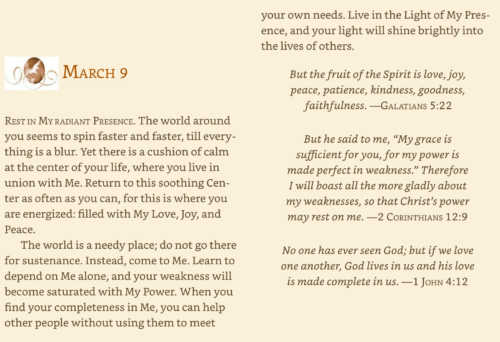An Opportunity for Transformation
Author and CAC teacher Brian McLaren has spent decades thinking about change in the church and why so many resist it. Here he summarizes what often happens to our religious institutions once they lose their original purpose:
The pattern is predictable. Founders are typically generous, visionary, bold, and creative, but the religions that ostensibly carry on their work often become the opposite: constricted, change-averse, nostalgic, fearful, obsessed with boundary maintenance, turf battles, and money. Instead of greeting the world with open arms as their founders did, their successors stand guard with clenched fists. Instead of empowering others as their founders did, they hoard power. Instead of defying tradition and unleashing moral imagination as their founders did, they impose tradition and refuse to think outside the lines. A religion that cuts itself off from the example of its founder while still bearing the founder’s name often becomes little more than a chaplaincy for other ideologies, offering its services to the highest bidder. No wonder so many religious folks today wear down, burn out, and opt out.
And no wonder more and more of us who are Christians by birth, by choice, or both find ourselves shaking our heads and asking, “What happened to Christianity? What happened to Jesus and his beautiful message?” [1]
Minister, entrepreneur, and author Cameron Trimble sees the decline of church structures as an opportunity to ask questions that matter, to rediscover and renew our faith:
What is church really about? I’ve always understood the church as being a community with a shared story in our scriptures, which binds us together. Church is about weaving relationships together so that life for all of us is more deeply rooted in Love. Today, I would offer that the church also offers a platform to work together to build a world that acts and advocates for the common good of all of us. We are warriors, lovers, peacemakers, protectors, prophets, thinkers, and dreamers who gather together to celebrate our heritage as children of God. At the same time, we are fearlessly willing to stand up and stand in for those our culture might oppress. When we live consciously aware of our power to shape our world for good, we live lives of meaning. We are our own most fully human and fully sacred expressions. We are whole. . . .
We have an opportunity in this moment of our great transformation. We can approach this time as survivors, desperately clinging to our structures and ways of being. Or, we can see ourselves as pioneers, setting out in the face of the unknown to discover new ways to live faith-filled lives. The inevitable decline of our structures gives us the chance to let go of what might hold us back from that adventure. Nothing today will be the same ten years from now. Why not architect the kind of faith movement we want to see twenty-to-fifty years from now? What do we have to lose? [2]
